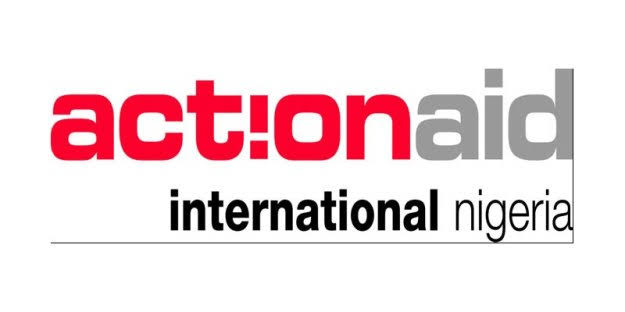ActionAid Nigeria has called on the Nigerian government to reassess it’s policies for fiscal reforms to reduces the country’s debt burden and mitigate the risks falling into a full-blown debt crisis.
ActionAid Nigeria, in a press release Signed by its Country Director, ActionAid Nigeria, Andrew Mamedu, expressed concerns at “Nigeria’s escalating public debt, which now stands at an unprecedented N134.297 trillion as of June 2024, according to figures from the Debt Management Office (DMO)”.
“This staggering debt has grown by nearly N13 trillion in just three months—a rate of nearly 11%—placing a burden of approximately N619,501 on each Nigerian citizen, a figure that far exceeds the recently approved minimum wage of N70,000”
Nigeria’s public debt profile is divided between N63 trillion in external debt and N71.2 trillion in domestic debt. The Federal Government holds the bulk of this debt, accounting for N55.8 trillion externally and N66.9 trillion domestically, while states collectively owe N7.1 trillion in external and N4.2 trillion in domestic debt. Lagos State carries the heaviest domestic debt burden at N885.99 billion, followed by Rivers State at N389.20 billion.
It noted that the debt burden, driven primarily by large-scale borrowing, underscores a critical need to reassess Nigeria’s fiscal policies.
“While infrastructure development is crucial, the cost of these projects should not come at the expense of Nigerians’ access to basic services. These figures reveal a stark fiscal imbalance, indicating that both federal and state governments must re-evaluate their spending priorities and debt management practices”.
“The impact of this debt extends beyond mere statistics; it represents a substantial barrier to essential services for the Nigerian people. Nigeria’s debt-to-GDP ratio has now surpassed 50%. This marks a significant shift in the country’s fiscal landscape, highlighting the growing strain on the economy”
ActionAid noted that while Nigeria has long maintained that its relatively low debt-to-GDP ratio allowed room for increased borrowing, the rapid rise in debt now limits the country’s ability to secure additional funding without exacerbating its fiscal challenges.
“The increasing debt burden, coupled with a high debt service-to-revenue ratio, threatens to undermine the government’s ability to invest in essential services, leaving the nation vulnerable to further economic instability. To prevent a full-blown debt crisis, Nigeria must adopt a more sustainable fiscal approach, curbing excessive borrowing and prioritising efficient allocation of resources to foster long-term economic growth”
“We recommend a reduction in the allowances of high-ranking government officials, including legislators and ministers, as a symbolic and practical step toward more responsible governance. By cutting these expenses, Nigeria can free up critical funds to address pressing social needs in education, healthcare, and poverty reduction”.
Overhaul
Beyond these cuts, ActionAid Nigeria urges a complete overhaul of fiscal policies to prioritise the needs of Nigeria’s poorest and most marginalised populations.
“Our current fiscal trajectory not only stifles economic growth but also risks worsening inequality and social unrest. With essential public services consistently underfunded, Nigeria’s per capita debt burden has reached a level that is both unsustainable and unacceptable.
“To alleviate the debt crisis, the government must diversify its revenue streams and adopt more progressive taxation measures.
We urge the government to reform its taxation system, ensuring that wealthier individuals and corporations contribute their fair share, rather than over-relying on regressive taxes that disproportionately affect lower-income Nigerians. Additionally, the elimination of wasteful expenditures beyond salaries is necessary to build a robust, inclusive economy that works for all”.
It called for a truly inclusive development plan which equitably distribute resources and opportunities across all regions of Nigeria.
ActionAid Nigeria reiterated that it remains committed to advocating for policies that promote the welfare of Nigeria’s most vulnerable and calls on the government to reorient its fiscal strategies to secure a sustainable, inclusive future.
Olusola Akintonde


Comments are closed.